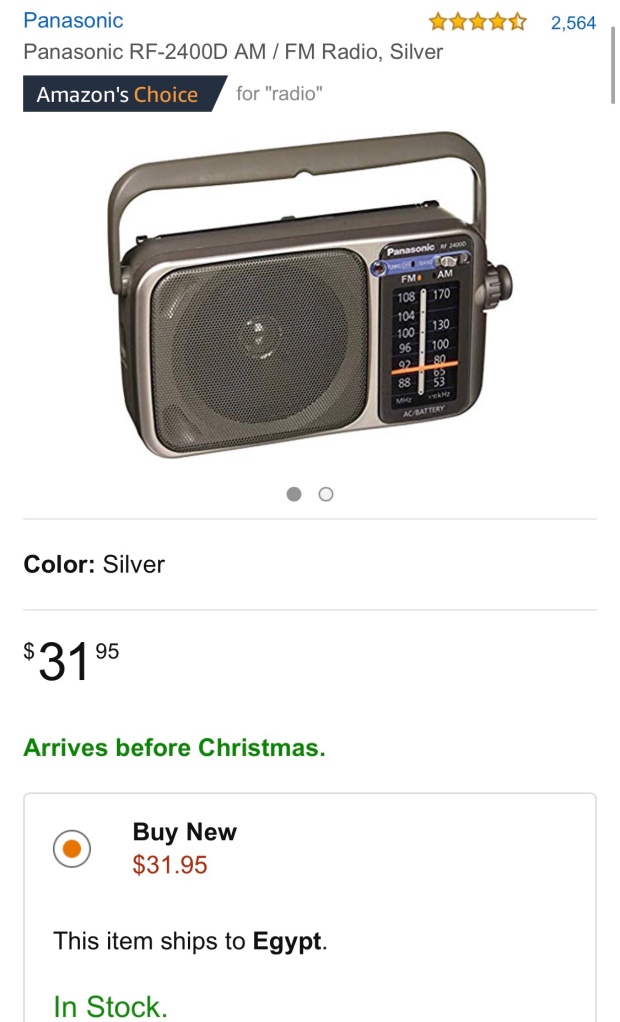I have to admit that when I first registered for the course, I had no idea what it would entail. I had never even heard of the term Digital Literacy before. I have learned so much throughout this course.
First, I found the topic of empathy and bias to be one that I never really thought about before; I learned a lot about how deep those two terms are and how they are intertwined. Through the online games that we played, such as SPENT or even some of the games that our colleagues created, I was able to put myself in someone’s shoes in order to empathize with them in a way I never thought I’d be able to. Creating the game also was an experience that I really enjoyed, and the roles were reversed as my colleague and I had to try and imagine what those who played our game, In It to Win It, would feel if they were put in certain situations, would they be able to empathize with our character? Not only was the term of empathy and bias woven into our class activities and readings; this was most evident through our professor, who gave us the room to freely express our opinion about anything and respected each of our opinions, regardless of her personal views, never once judging us for what we believe in.
Second, I learned a lot about of how hard it is to tell real news from fake news. I learned about ways to verify online news that I didn’t even learn in my journalism courses. I had never been put in a practical situation to deal with fake news or need to understand how the fake news business operates. The game called Fake It to Make It put this idea into perspective, showing the impact that this news has on us and the people around us.
Finally, the term of Privacy and Security was my personal favorite. Ever since I decided to take Journalism classes, this was a recurrent theme that I kept hearing but didn’t learn much about much in my courses honestly. I had conducted my own research on the topic about how to stay safe online and the risks that come from using social media specifically. Through our Mozilla Health Report presentation, for which we chose the theme of Internet privacy, I was able to learn even more from the articles we read on the topic. In the curation assignment, I was given the opportunity to conduct more research about it.
At times, I thought that there were a lot of assignments but now that I look back and see the various aspects of Digital Literacy that we have covered, I understand how great it was that we were able to cover so much in a short amount of time.
The one comment I could make about things that I think could be improved about the course is the frequency of the Soliya sessions. I think if there were more time slots for us to attend that would be better as there were connection issues for me personally and sometimes there may be circumstances beyond students’ control. I honestly wish that I had the opportunity to take part in the online discussions more, as I’m sure it was an interesting experience.
Otherwise, the course was structured perfectly and we really made the most out of the semester; I am very glad I had the opportunity to take this course before graduating.






